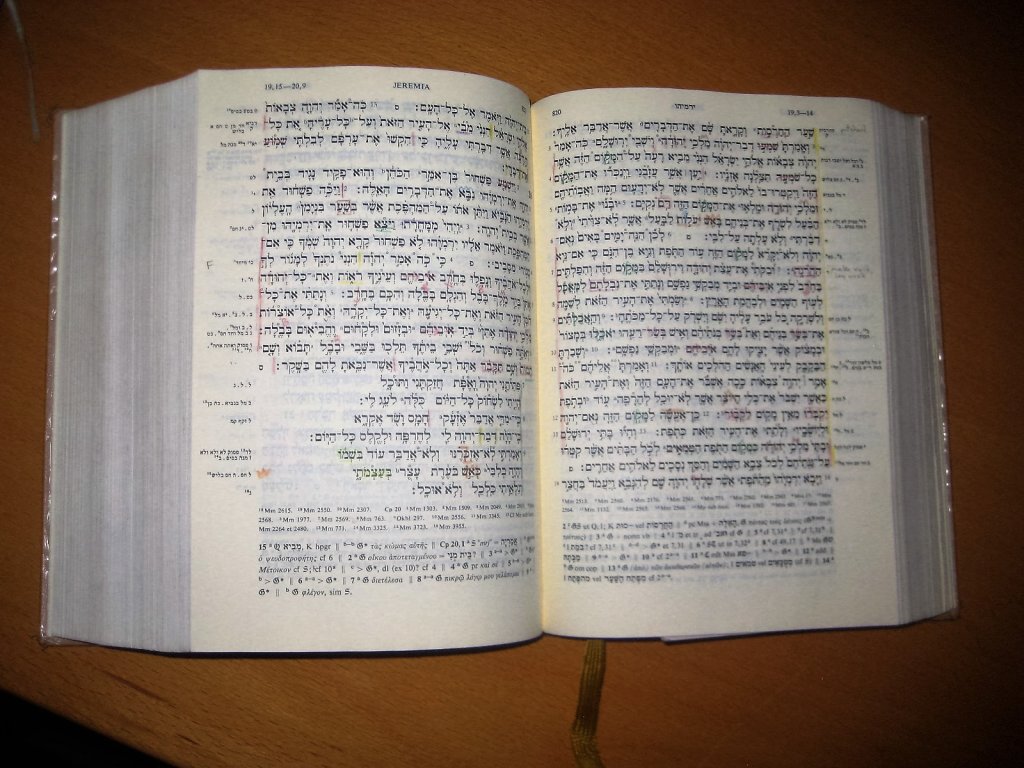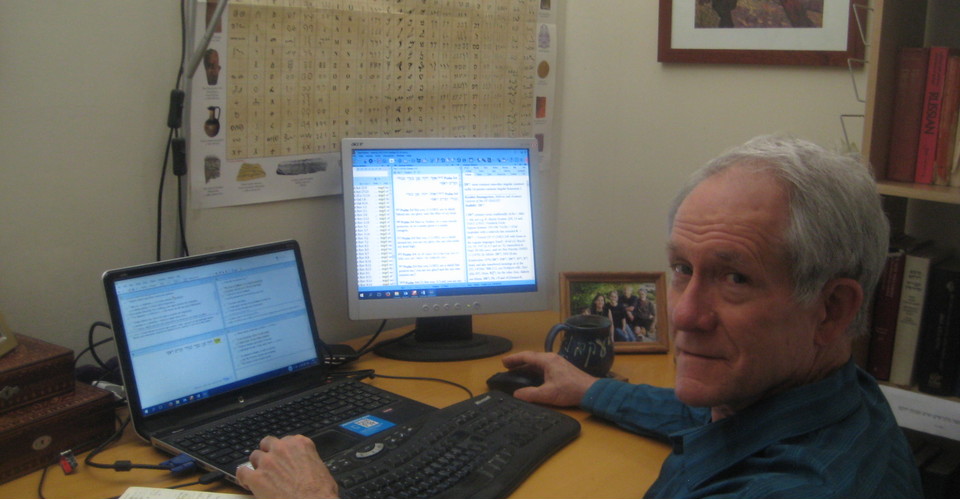‘A day in the life of a translator’ with our friend and colleague Jim Courter.
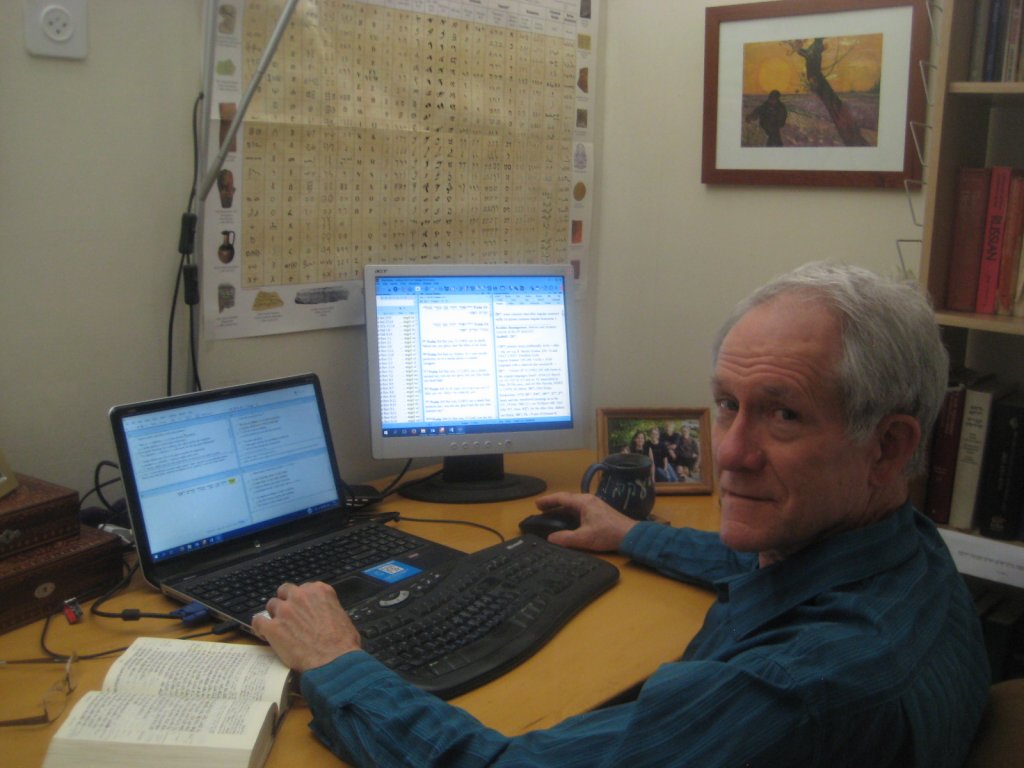
Jim working away at the Serbian and Portuguese translations of the Bible1. What is your name and where do you come from?
Jim Courter from, among other places in the USA, Las Cruces, New Mexico.
2. Can you tell us how you ended up becoming a Bible translator? Tell us a bit about that journey.
While attending New Mexico State University, in 1974 I heard about a Wycliffe Banquet downtown. A representative from Wycliffe was recruiting Bible translators and the presentation convinced me that my life should head in that direction. I asked the speaker what I should be studying at the university and he suggested Anthropology with focus on linguistics. I changed my major from Geology to Anthropology after 5 semesters at the school. I had been taking Russian and Spanish until then, but added German as well. I started learning New Testament Greek on my own. In the summer of 1975 I went to the Summer Institute of Linguistics (SIL) school in Oklahoma. After a few years of being involved in other things, particularly smuggling Christian literature into Communist Countries while living in Austria, I got an M.A. degree in Bible translation at the SIL center in Dallas in 1983. I was a member of Wycliffe in Austria until 1987, and in 1988 I was recruited to work for Living Bibles International. There was a merger with IBS in 1991 which is why I am now with Biblica.
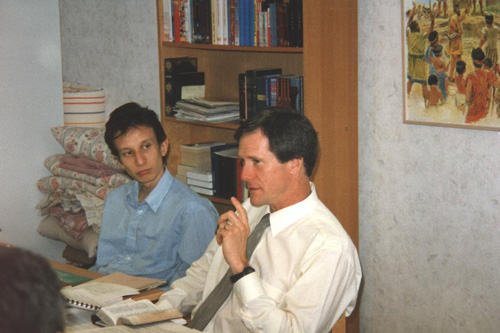
3. What does your typical working day look like?
My main work is checking new translations and revisions verse by verse by comparing with the original–language biblical texts. Quite often I have to consult any one of a number of translators’ aides available, such as Translator’s Workplace, dictionaries, biblical terms lists, parallel passage checks, commentaries, etc., in order to assure accuracy and consistency throughout the text. There is a large percentage of verses where the exact interpretation is in question, so much thought has to go into those kinds of passages.
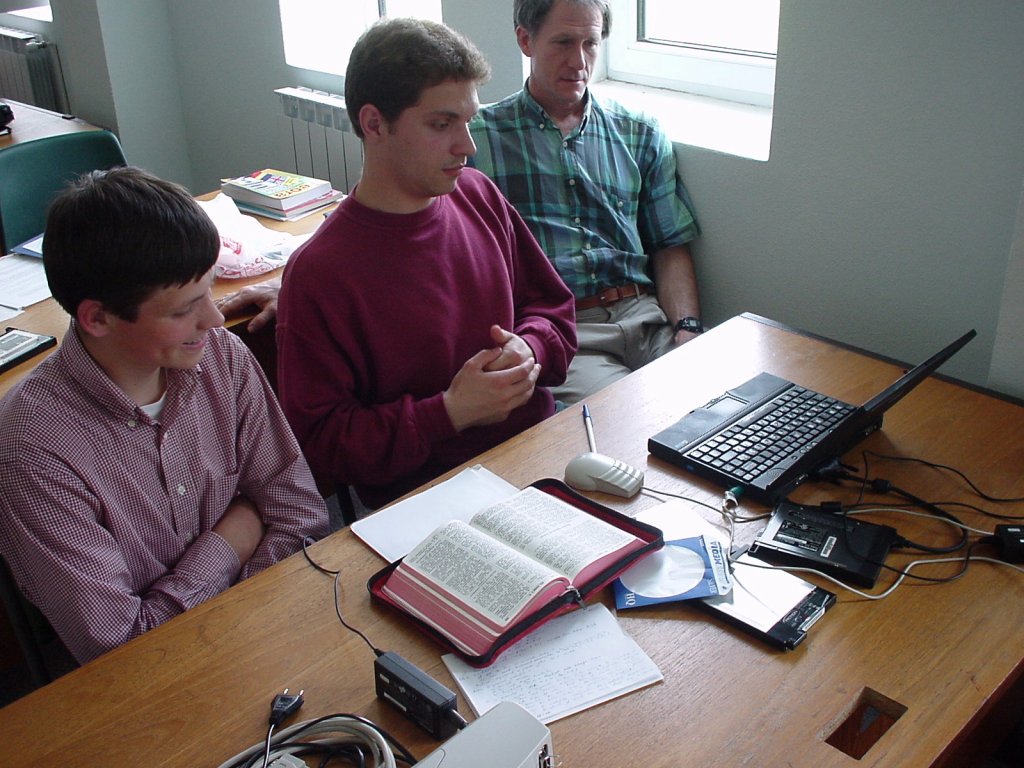
4. Which translation projects are you working on for Biblica Europe?
Serbian OT translation along with a revision of the NT, the Portuguese full Bible revision, NIV Study Bible translations into Romanian and Russian.
5. Is it true that a translator’s job is never done?This is very true. The more I learn about the original languages, the structure of the way the biblical text was put together, historical and geographical information, etc., there is always room for improvement. There is an ongoing need for careful harmonisation of key terms, parallel passages and key phrases that were meant to be noticed by careful readers of the Hebrew, Aramaic and Greek texts. These kinds of harmonisations are part of the meaning of the biblical text, so cannot be overlooked. Sometimes this work is not straightforward because word–for–word correspondence is not always possible. Languages work very differently in the way they divide up reality. Accurately transmitting the meaning of a passage in the most clear way in the translation is an elusive goal that a translator does not ever completely feel has been fully accomplished.
6. Why is it important for Biblica to focus on Bible Translation?
There are in many cases already translations available in the languages where we are working, but they are not adequate. Often the language is outdated, the translation was done from some other languages besides Hebrew, Aramaic and Greek or the language is stilted rather than natural. The tools we have now, such as Paratext and others mentioned above guarantee much better quality because of the easily–accessible wide range of exegetical helps, computerised means of checking, formatting, analysing, harmonising, etc.
7. Is there anything that we can do as Christians to profile the work of Bible translation better?
I will quote Scott Munger here: Bible translators are;
• Farmers, making “food” for the world
• Journalists, giving access to vital information
• Revolutionaries, overthrowing falsehoods
• Church planters, laying a foundation for the Church
• Entertainers, telling the greatest story ever told
• Soldiers, protecting the defenseless and invading Satan’s terrirtory
• Economists, helping people manage life’s real resources
• Transporters, moving people from one kingdom to another
Martin Luther confessed: “I have also undertaken to translate the Bible into German. That was necessary for me; otherwise I might have died someday imagining that I was a learned man. Those who think themselves scholars should try to do this work.”
8. What is your favourite Bible verse and why?
Proverbs 4:18: The path of the righteous is like the morning sun, shining ever brighter till the full light of day.” This verse presents our path in life out of the darkness of night to where the sunshine begins faintly lighting up the eastern horizon and finally rises and we see the full light of day. This is the story of all of us, and now that we as believers have the light, we should walk in that light with our eyes opened through study of the Word of God and living in fellowship with him who is the Light of the world.
A big thank you to Jim for letting us interview him. May God bless him and the wider translation team as they aim to translate and update the Bible so that the Word of God can be accessed across Europe in many languages.
